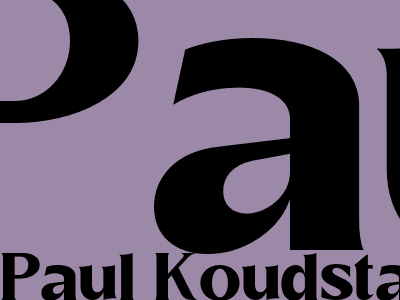How to Write an Effective SEO Blog Post
Introduction
In this fast-paced digital world, having a strong online presence is crucial for any business or individual looking to thrive. One of the most effective ways to achieve this goal is through search engine optimization (SEO), which involves optimizing your website and content to rank higher in search results.
When it comes to SEO, blogging is an invaluable tool. By creating high-quality, informative blog posts that are tailored to the specific interests and needs of your audience, you can attract more visitors to your website, increase brand awareness, and boost your overall online visibility.
However, simply posting content is not enough. To achieve maximum impact, it's essential to create SEO-friendly blog posts that adhere to the latest Google and Blogger.com policies. This guide will provide you with a comprehensive overview of how to write an effective SEO blog post that will help you improve your search engine rankings, drive more traffic to your website, and ultimately achieve your online marketing goals.
Understanding SEO and Google's Guidelines
Before you start writing, it's important to have a solid understanding of SEO and Google's guidelines. SEO involves optimizing your content for specific keywords or phrases that people are searching for. By incorporating these keywords into your blog posts, you can increase the chances of your content appearing in relevant search results.
However, it's crucial to avoid keyword stuffing, which involves excessively using keywords in an unnatural way. Google's guidelines emphasize the importance of creating high-quality, informative content that provides value to users. Keyword optimization should be done subtly and strategically, without compromising the overall quality of your writing.
Conducting Keyword Research
Keyword research is the foundation of effective SEO blogging. Before you start writing, take the time to identify the keywords and phrases that your target audience is searching for. There are various tools and resources available online that can help you with this process.
Consider using Google Keyword Planner, Ahrefs Keyword Explorer, or SEMrush Keyword Magic Tool to identify relevant keywords. These tools provide valuable insights into search volume, competition, and related keywords. By targeting high-volume, low-competition keywords, you can increase the visibility of your blog posts and attract more organic traffic.
Creating High-Quality Content
The cornerstone of successful SEO blogging is creating high-quality, engaging content that resonates with your target audience. Focus on providing valuable information that solves specific problems, answers common questions, or offers unique perspectives on industry-related topics.
Your blog posts should be well-written, informative, and easy to read. Use clear and concise language, avoid jargon, and proofread carefully for any errors. Aim to provide comprehensive coverage of your chosen topics, offering depth and substance that sets your content apart from others in your niche.
Optimizing Your Blog Post
Once you have created high-quality content, it's time to optimize your blog post for search engines. Here are a few key elements to consider:
- Title: The title of your blog post should be attention-grabbing and accurately reflect the topic. It should include your target keyword and be no longer than 60 characters.
- Meta description: The meta description is a brief summary of your blog post that appears in search results. It should be no longer than 160 characters and provide a compelling overview of the post's content.
- Headings: Use headings (H1, H2, H3) to structure your blog post and make it easier for readers to scan and understand. Headings should be descriptive and incorporate relevant keywords.
- Images: Images can enhance the readability and visual appeal of your blog post. Use descriptive alt tags for images to help search engines understand the content of the image and improve accessibility for visually impaired users.
- Internal and external links: Linking to relevant internal and external pages helps search engines understand the context of your content and can improve your website's overall structure. When linking to external sources, prioritize reputable and authoritative websites.
Conclusion
Writing an effective SEO blog post requires a combination of strategic planning, high-quality content creation, and technical optimization. By following the tips outlined in this guide, you can create blog posts that rank higher in search results, attract more organic traffic, and help you achieve your online marketing goals.

Comments